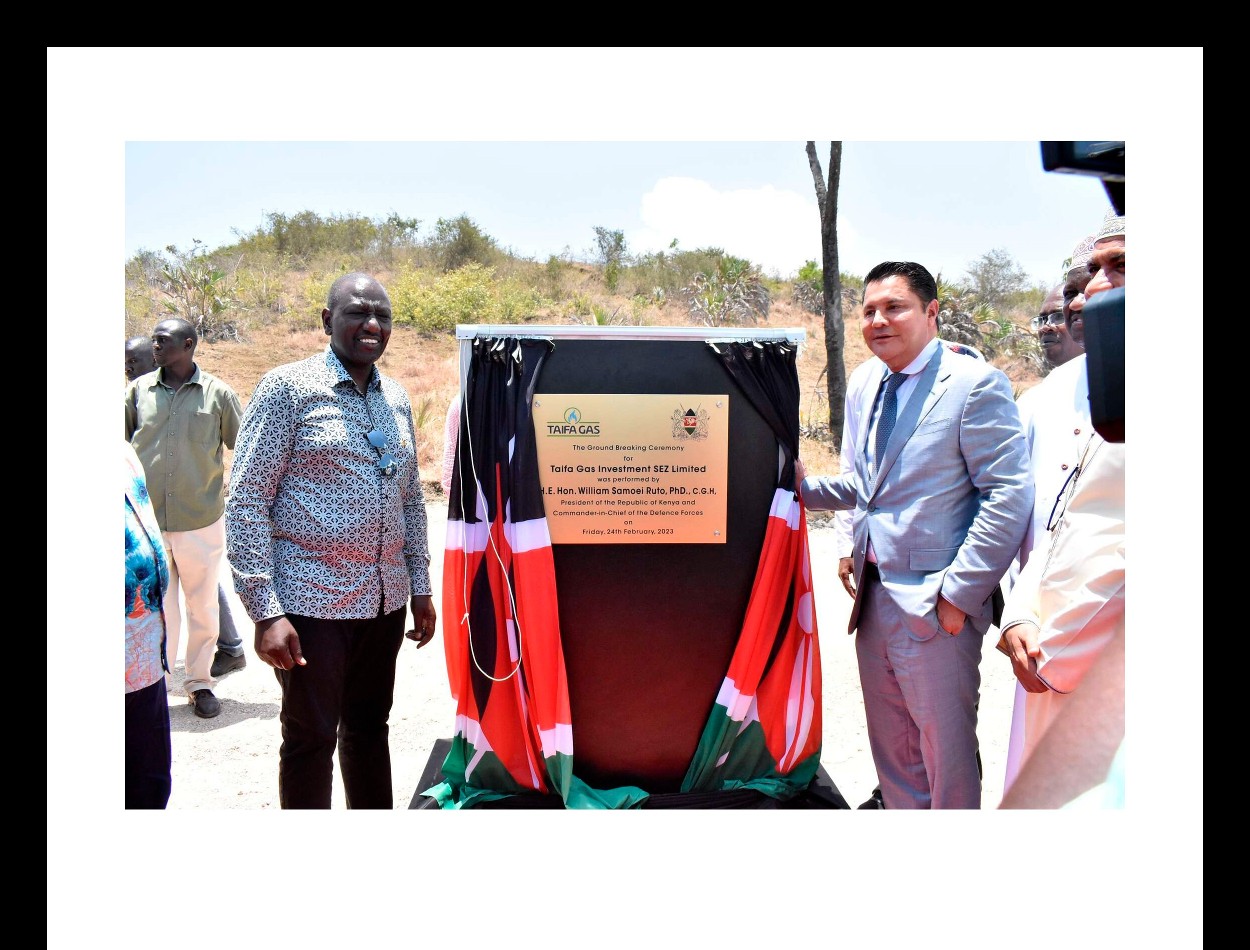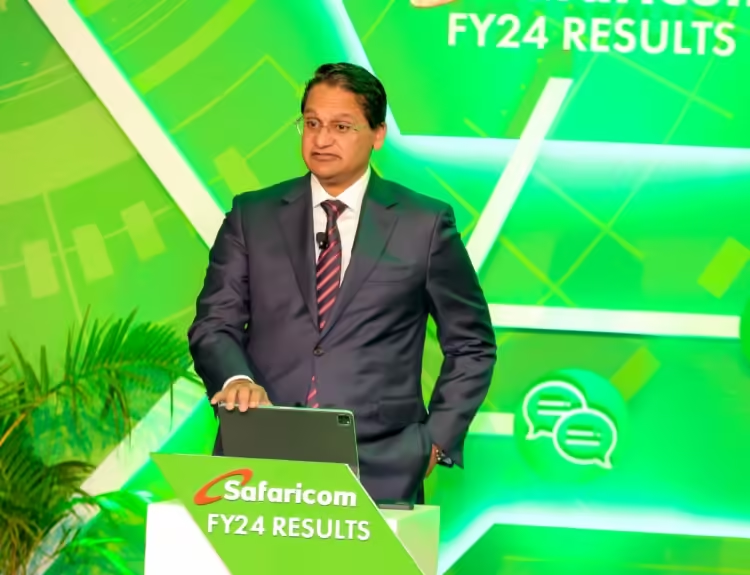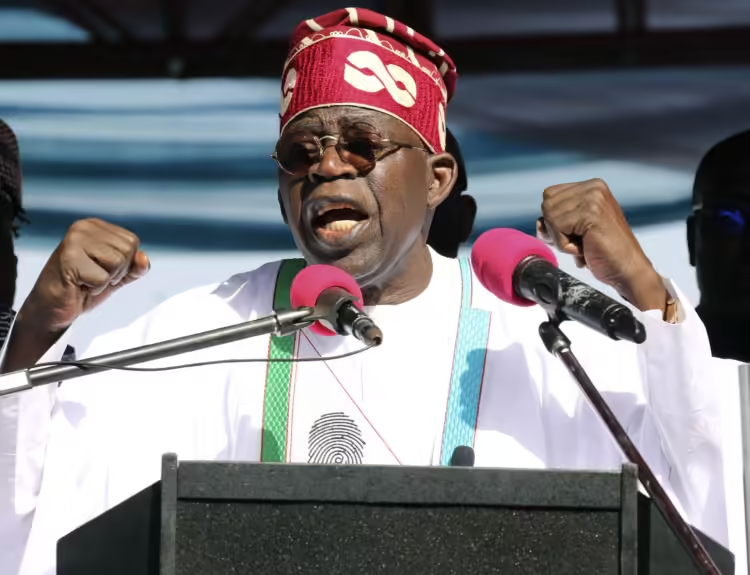If there is a man who gives Africa’s richest man, Aliko Dangote, a run for his money, it is Abdulsamad Rabiu. With significant interests in cement and sugar, Rabiu mirrors Dangote’s business pursuits, resulting in a fierce rivalry for dominance in Nigeria’s construction and sugar industries.
Rabiu is the founder of BUA Group, a diversified Nigerian conglomerate involved in cement manufacturing, sugar refining, and real estate. He also serves as the chairman of the Nigerian Bank of Industry (BOI). The rivalry between Rabiu and Dangote stems from their overlapping business portfolios, particularly in the cement and sugar sectors.
Dangote Cement is Nigeria’s leading cement producer, with a market share of over 60%, while BUA Cement is the second-largest, holding approximately 20% of the market.
Similarly, in the sugar industry, Dangote’s refinery dominates with over 70% market share, while BUA’s refinery follows with around 20%. As expected, the companies are in stiff competition.
In 2020, tensions heightened when BUA Cement accused Dangote Cement of obstructing its access to its limestone quarry in Edo State. Dangote Cement denied the allegations.
BUA’s accusation was countered by Dangote Sugar, which accused BUA of price-fixing. Rabiu denied these allegations.
In June 2023, BUA further accused Dangote Sugar Refinery of sending thugs to attack its sugar factory in Port Harcourt, Rivers State, an accusation Dangote denied.
This escalating conflict prompted then Kano governor, Abdullahi Ganduje, to mediate a truce between the business moguls. However, the truce was short-lived. In November, just a few months later, the Dangote Group accused BUA of orchestrating a media smear campaign over alleged financial crimes. BUA responded by claiming that Dangote had been attempting to drive them out of business for years.
Moreover, in January 2024, Nigeria’s Economic and Financial Crimes Commission (EFCC) raided Dangote’s offices in connection with suspected foreign exchange dealings with former central bank governor Godwin Emefiele.
Amidst the fallout, Dangote accused BUA of orchestrating the raid, highlighting the ongoing animosity between the two conglomerates. These incidents are some of the most notable clashes between the two industry giants.
That said, despite trailing Dangote’s companies, Rabiu remains a billionaire in his own right. In the latest Forbes African Billionaires listing, Rabiu ranked sixth in Africa and third in Nigeria, behind Dangote and Mike Adenuga.
His net worth was estimated at $5.9 billion, though it had decreased to $4.6 billion by August 7. Nonetheless, Rabiu remains one of Africa’s wealthiest individuals.
The billionaire owns 98.2% of BUA Cement Plc which trades on the Nigerian Stock Exchange. He also holds a 95% stake in the publicly traded food conglomerate BUA Foods.
Unlike many business magnates consumed by work, Rabiu prioritizes family time, maintaining a balance between his professional and personal life. He consistently makes time for his family, especially during significant milestones and events.
The billionaire recently celebrated his 60th birthday, receiving well-wishes from prominent figures, including Nigeria’s President Bola Tinubu.
“President Tinubu commends Alhaji Rabiu for his landmark contributions to the growth of domestic enterprise and the creation of opportunities for many young Nigerian professionals. He reaffirms his stance that the nation’s economic advancement is dependent on public-private sector collaboration,” read a press statement issued by presidential media adviser Chief Ajuri Ngelale.
“The President wishes the foremost business leader good health and success in his endeavours.”
This demonstrates Rabiu’s standing in Nigeria and his connections with the ruling class.
Early life and education
Abdulsamad Isyaku Rabiu was born on August 4, 1960, in Kano, Nigeria. His father, Khalifah Isyaku Rabiu, was a prominent industrialist in the 1970s and 1980s.
Rabiu attended Federal Government College, Kano, for his early education before moving to the United States to study Economics at Capital University in Columbus, Ohio.
He returned to Nigeria at the age of 24 to manage his family’s business after his father was detained over alleged unpaid rice import duties.
Rabiu’s father, a close associate of then-president Shehu Shagari, was arrested alongside the head of state following the 1983 coup that toppled the government.
Businesses
In 1988, Rabiu founded BUA International Limited, focusing on commodity trading. The company imported rice, flour, edible oil, and iron and steel.
“In 1988, I started my own business and founded BUA International Ltd. At the time, the trend was to import rice, sugar, fertilizer, and other agricultural products. The challenge was that, if there was a shortage of any product, everyone would import the same thing. This would push prices up, and then everyone would import fertilizer, and within a short time, the product would come down to half price, causing losses,” Rabiu recounted in a past interview with Forbes.
Keen on value addition, Rabiu began importing raw products to process items like fertilizer locally.
Rabiu’s big break came in 1990 when BUA partnered with the state-owned Delta Steel Company, significantly boosting BUA’s profile. BUA supplied raw materials to Delta in exchange for finished products.
Building on the success of this partnership, BUA expanded into steel production, including billets, iron ore imports, and constructing rolling mills in Nigeria.
In 2001, Rabiu acquired Nigeria’s largest edible oil processing company, Nigerian Oil Mills Limited, marking BUA’s entry into the consumer goods industry.
In 2005, BUA established BUA Sugar Refinery Limited, then the second-largest sugar refinery in sub-Saharan Africa. That same year, BUA Flour Mills Limited was incorporated, and flour milling commenced.
Rabiu’s sugar refinery began operations in 2008, breaking Dangote’s eight-year monopoly in the industry with a 750,000 MT capacity. That year, he also acquired LASUCO Sugar Company Limited and planned a 250,000 MT pasta plant in Port Harcourt, Rivers State.
As the sugar refinery gained momentum, the government implemented the backward integration policy, posing a significant challenge to Rabiu’s sugar business. This policy requires companies to integrate their supply chain by either purchasing or producing segments internally, ensuring consistent supply and negotiating leverage with vendors.
Consequently, companies needed to have their sugar refineries located at the port to import raw materials in bulk, making it crucial to secure a terminal at the port.
“At that time, everything was owned by the Nigerian Ports Authority (NPA), so you had to lease land from them, along with storage. This was a huge capital investment, and to make matters worse, there was no land available because everything was taken,” Rabiu explained.
Fortunately, he found a company with an unused facility. “We paid a lot of money to that company, got all the designs, bought all the equipment, and were about to start the company when the lease was revoked. This was during the (Olusegun) Obasanjo regime. Most of our money had been spent on acquiring the land and equipment, and the lease was revoked and given to someone else. It took us a year and almost $50 million in costs before we could start over,” he recalled.
When the tycoon finally acquired a site, things started looking up for him. Once operations began, the business quickly became profitable, allowing them to recoup their investment in a short time.
The sugar venture proved highly lucrative, benefiting from substantial margins due to the differential duties on raw sugar imports.
In 2009, Rabiu acquired a controlling stake in the publicly listed Cement Company of Northern Nigeria and began constructing a $900 million cement plant in Edo State. The plant became operational in 2015.
In 2016, he sold BUA Flour Mills Limited. In 2020, Rabiu merged his privately-owned Obu Cement company with the publicly listed Cement Co. of Northern Nigeria. Rabiu owns 98.2% of the company and 95% of the food conglomerate BUA Foods.
Philanthropy
Rabiu established the Abdulsamad Rabiu Initiative (ASR Africa) in 2021, focusing on providing sustainable, impact-driven solutions to developmental challenges in health, education, and social development across Africa. ASR offers an annual fund of $100 million to support African development.
In 2022, Rabiu donated approximately $12.3 million to 22 Nigerian universities. Additionally, he donated $500,000 to the U.S. Agency for International Development (USAID) for tuberculosis control. These funds were used to renovate 10 TB centres and purchase equipment.
Family
Abdulsamad Rabiu has four children: Khadija Cookie Rabiu, Isyaku Khalifa Rabiu, Junaid Rabiu, and Rania Rabiu. He has 42 siblings, including Nafiu Rabiu and Rabiu Rabiu, the chairman of IRS Airlines.
Awards
In October 2022, Rabiu was awarded the Nigerian national honour of Commander of the Order of the Federal Republic (CFR) by former President Muhammadu Buhari.
The mogul also holds the Commander of the Order of the Niger national honour in Nigeria and the Grand Commander of the Order of Merit of Niger (GCOM) honour in the Niger Republic.






